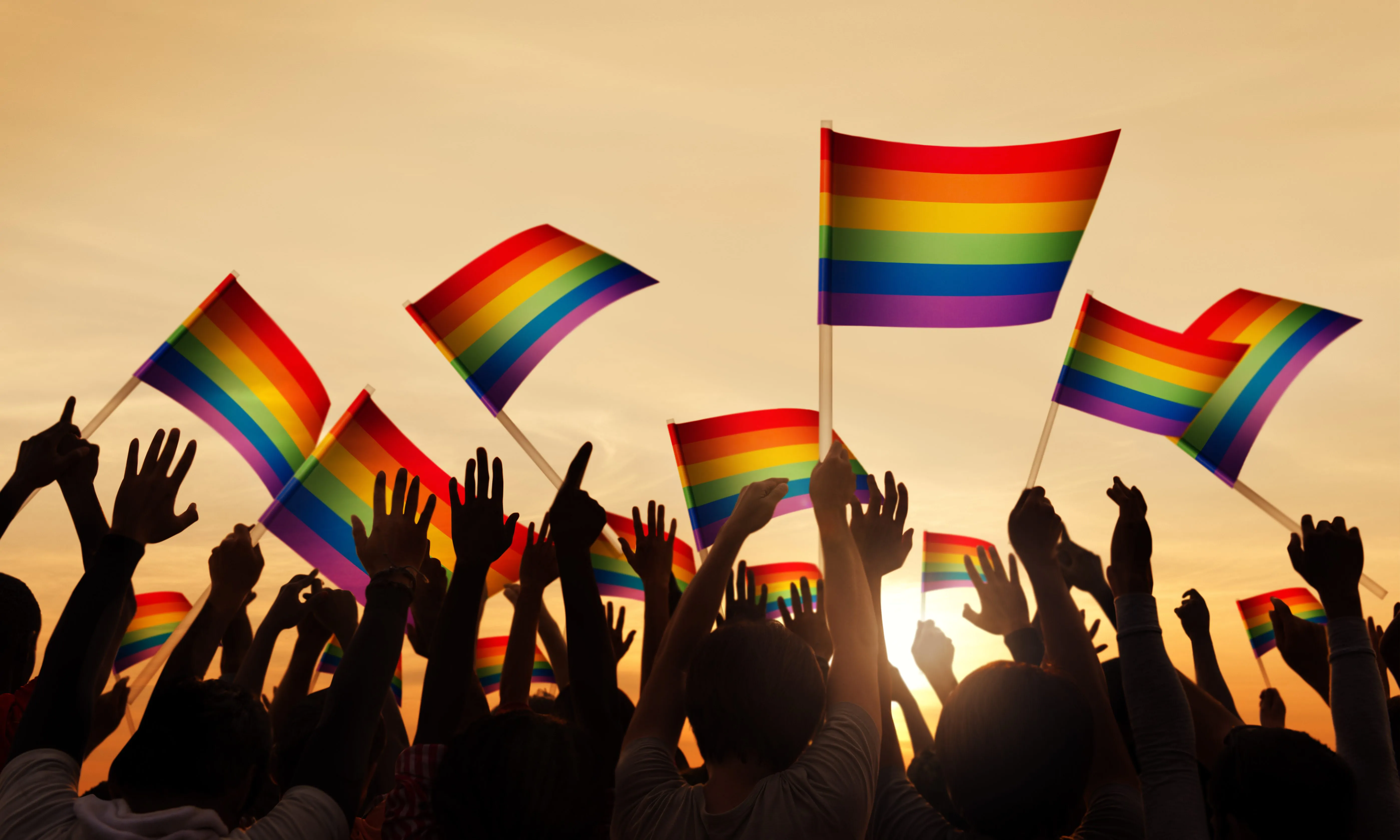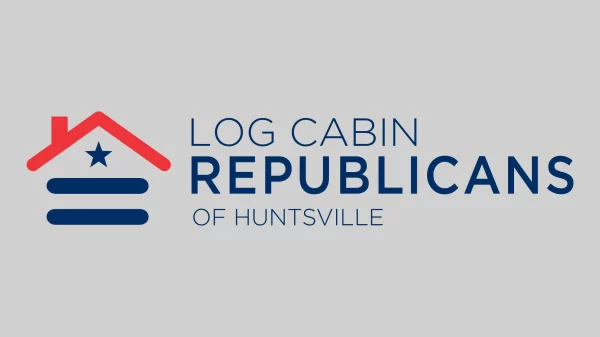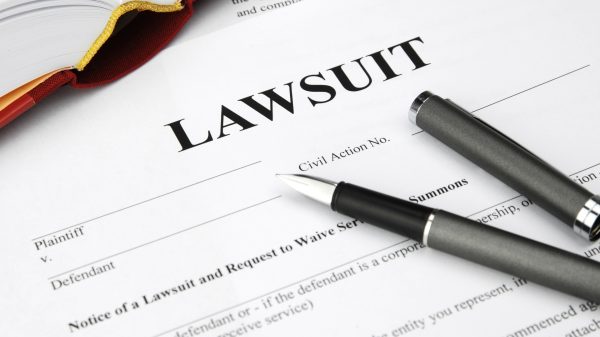Alabama was placed in the lowest-rated category for the fifth year in a row in the Human Rights Campaign Foundation and Equality Federation Institute’s fifth annual State Equality Index.
The SEI is a comprehensive report that details statewide laws and policies that affect LGBTQ people and their families and assesses how well states are protecting LGBTQ people from discrimination.
Alabama falls into the category “High Priority to Achieve Basic Equality” along with 27 other states, including bordering states Georgia, Florida, Tennessee and Mississippi. States in this category have not yet achieved basic equality for LGBTQ people, and HRC advocates in these states focus on gaining municipal protections and opposing negative legislation that targets the LGBTQ community.
The state’s score is due to both laws that are and are not in place. There are currently no state anti-discrimination laws protecting LGBTQ people. The state also has multiple discriminatory laws in place, including an unenforceable sodomy law, laws that restrict inclusion of LGBTQ topics in schools and laws permitting discrimination based on religious freedom in adoption and employment.
With recent scandals like Justice Roy Moore ordering probate judges to stop issuing same-sex marriage licenses in 2016 and Gov. Kay Ivey signing a law in 2017 allowing faith-based adoption agencies to refuse to place children with families who contradict their religious beliefs, Alabama has furthered its reputation as an anti-LGBTQ state.
However, rare victories like Neil Rafferty being elected the first openly gay state congressman in 2018 and Doug Jones’ historic win over anti-LGBTQ candidate Moore in the 2017 U.S. Senate special election have shown the state is currently changing.
“Alabama has a lot of room to improve when it comes to LGBTQ equality,” said Eva Kendrick, HRC Alabama’s state director. “While there are no statewide protections for LGBTQ Alabamians, we’re encouraged by the actions taken in cities such as Birmingham and Montevallo, which has worked to protect its LGBTQ residents in the absence of action from leaders in the Capitol. We hope that statewide leaders will look at these cities’ successful non-discrimination ordinances and understand that there is nothing to fear from expanding the rights of our LGBTQ friends and neighbors. It is our hope that through our work at HRC Alabama, we will improve the lived experience of LGBTQ Alabamians and, in the process, help ensure Alabamians are treated more equally under the law.”
There are currently no comprehensive civil rights protections for LGBTQ people in place under federal law, so legal protections often depend on which state they reside in. Because of this, HRC is supporting an upcoming bill to be considered by the U.S. House, the Equality Act.
The Equality Act would establish comprehensive federal protections for LGBTQ people. HRC’s Business Coalition for the Equality Act has currently gained support from over 130 major employers nationwide to urge Congress to pass the bill.
“LGBTQ people still face the sobering reality that their rights are determined by which side of a state or city line they call home,” said Chad Griffin, HRC’s president. “As this year’s State Equality Index makes clear, the time has come for us to do away with this patchwork of state laws and to protect al LGBTQ people by passing the federal Equality Act.”





















































